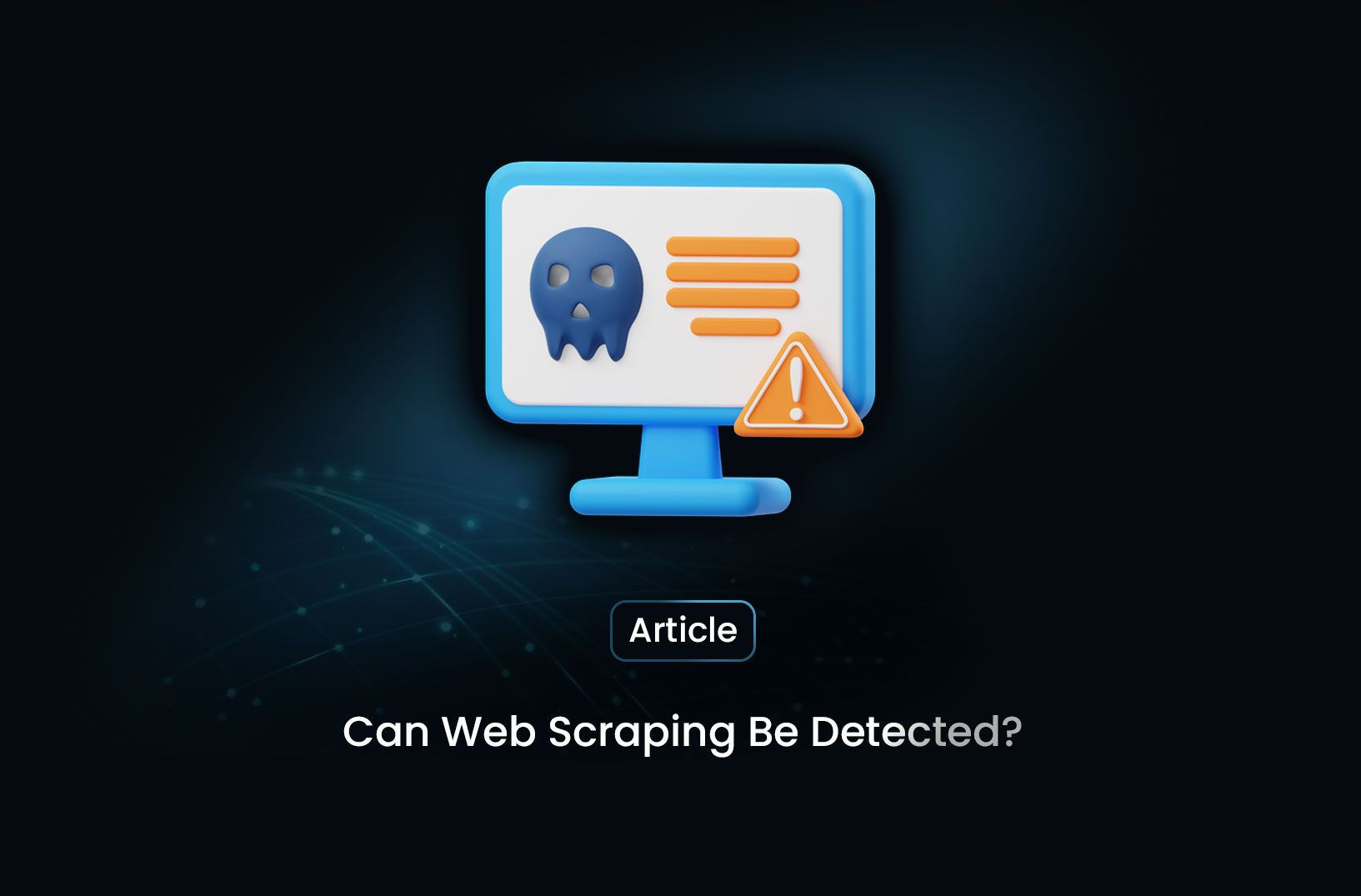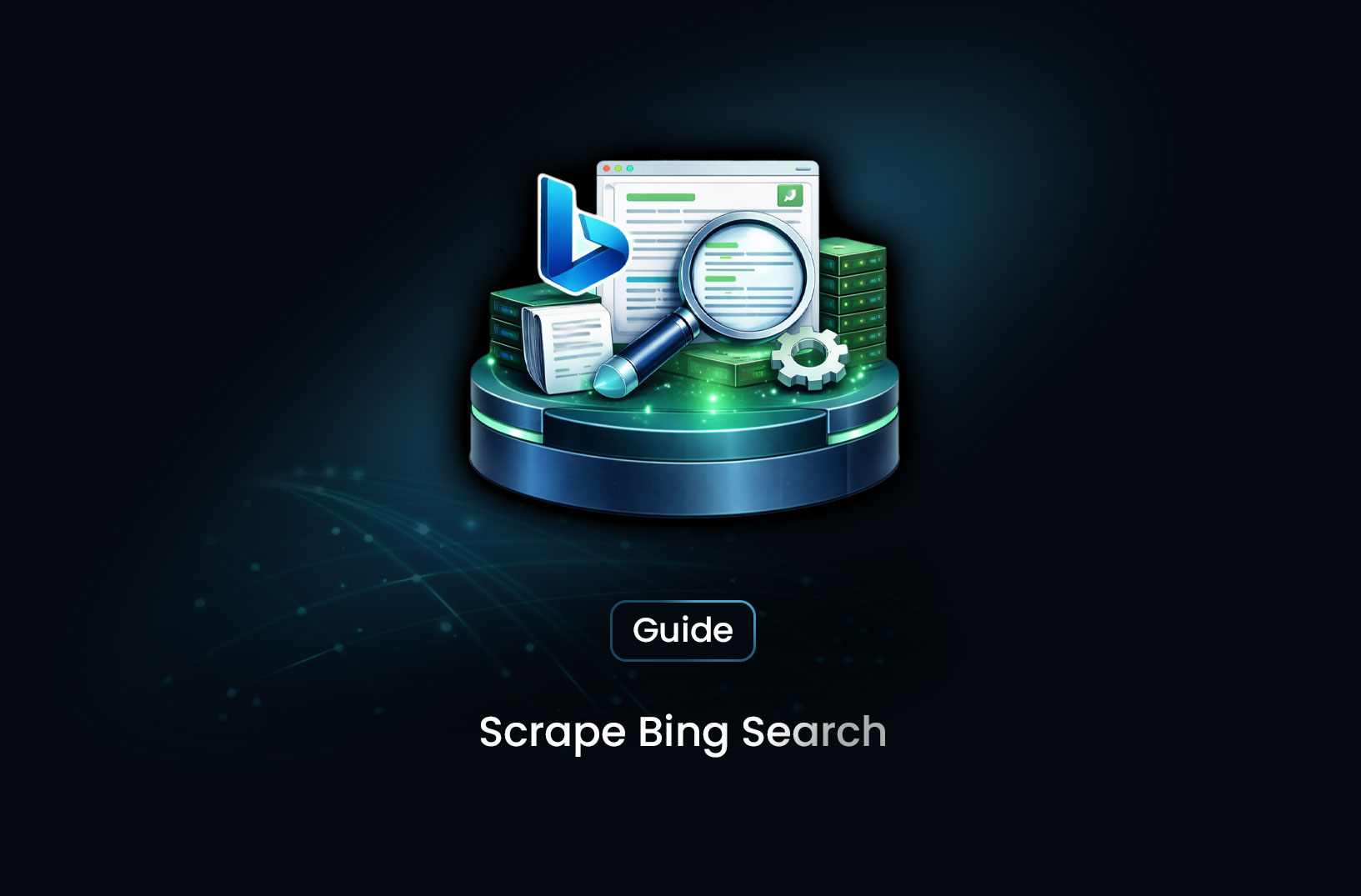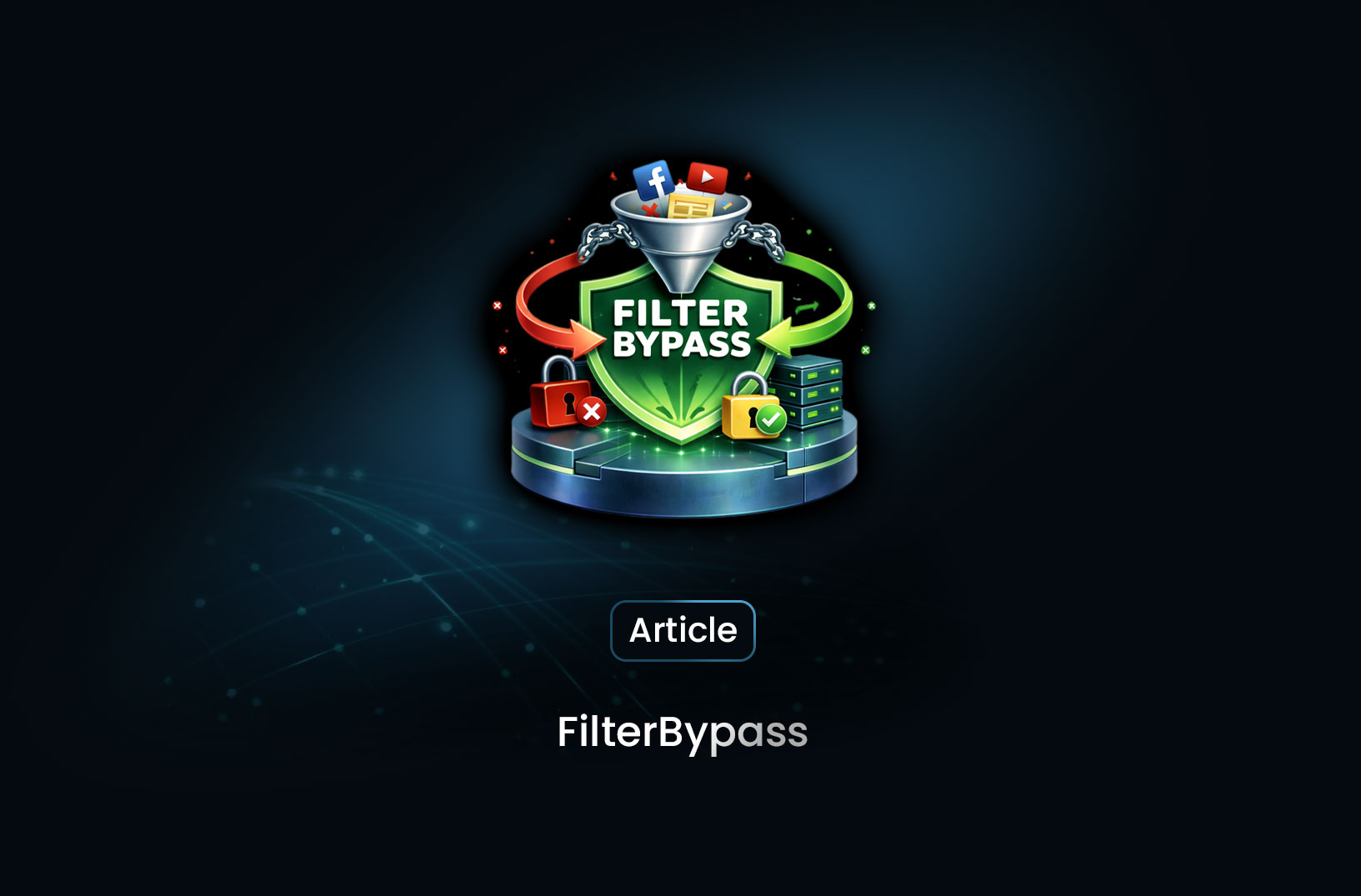
Can Web Scraping Be Detected?
ArticleWebsites employ a range of techniques to detect and prevent web scraping. Here are some of the most common methods: 1. Rate Limiting and Traffic Monitoring 2. User-Agent Analysis 3. IP Address Blocking 4. Behavioral Analysis 5. CAPTCHA Challenges 6. Honeypots
Web scraping is a powerful tool for gathering information quickly and efficiently. However, one question often arises: can web scraping be detected? The short answer is yes, it can. In this blog, we'll explore the various methods websites use to detect web scraping and discuss some strategies scrapers employ to avoid detection.
How Websites Detect Web Scraping
Websites employ a range of techniques to detect and prevent web scraping. Here are some of the most common methods:
- Rate Limiting and Traffic Monitoring
Websites monitor the frequency and volume of requests made to their servers. If a single IP address makes an unusually high number of requests in a short period, it raises a red flag. Rate limiting is a technique used to restrict the number of requests a user can make in a given timeframe. Exceeding this limit can result in temporary or permanent bans.
- User-Agent Analysis
When a browser requests a website, it sends a user-agent string that identifies the browser and operating system. Web scrapers often use default user-agent strings associated with popular scraping libraries. Websites can detect and block requests from these known user agents or challenge them with CAPTCHAs.
- IP Address Blocking
Repeated requests from the same IP address can be a clear indicator of web scraping. Websites can block IP addresses that show suspicious activity. To counter this, scrapers often use proxy servers to rotate IP addresses and distribute requests across multiple locations.
- Behavioral Analysis
Websites analyze patterns in user behavior to detect anomalies. For instance, human users typically exhibit varied and slower browsing patterns, including mouse movements and random delays. In contrast, automated scripts tend to navigate websites predictably and rapidly. Behavioral analysis can help distinguish between human and bot activity.
- CAPTCHA Challenges
CAPTCHAs are designed to differentiate between humans and bots. Websites often present CAPTCHAs to users who exhibit unusual browsing behavior. While CAPTCHAs can be a significant hurdle for scrapers, there are automated solutions that attempt to bypass them, although this is not always reliable.
- Honeypots
Honeypots are hidden elements on a webpage that are invisible to human users but can be detected by bots. Interacting with these elements signals to the website that the visitor is likely a bot. Honeypots can include hidden links, form fields, or other elements that a human user would never interact with.
Strategies to Avoid Detection
Despite these detection methods, web scrapers have developed various strategies to avoid being caught. Here are some common techniques:
- IP Rotation
Using proxy servers to rotate IP addresses helps distribute requests and avoid detection. By mimicking the behavior of multiple users from different locations, scrapers can reduce the likelihood of being blocked.
- User-Agent Spoofing
Scrapers can alter their user-agent strings to mimic different browsers and devices. This makes it harder for websites to identify and block automated requests based solely on the user-agent.
- Throttling and Random Delays
Introducing random delays between requests and mimicking human browsing patterns can help scrapers avoid detection. This includes simulating mouse movements, scrolling, and other behaviors typical of human users.
- Solving CAPTCHAs
There are automated services and tools designed to solve CAPTCHAs. While not foolproof, these solutions can help scrapers bypass CAPTCHA challenges. However, it's important to note that using such services can be legally and ethically questionable.
- Headless Browsers
Headless browsers, like Puppeteer or Selenium, simulate real user interactions by rendering webpages and executing JavaScript. This makes it harder for websites to distinguish between human users and bots, allowing scrapers to navigate sites more naturally.
- Monitoring and Adapting
Scrapers need to continuously monitor their scraping activities and adapt to changes in website defenses. This includes updating scraping scripts to handle new detection mechanisms and adjusting strategies as needed.
Conclusion
While websites can detect web scraping using various methods, MrScraper offers sophisticated techniques to avoid detection. Remember, it's essential to scrape responsibly and legally. Always check a website's terms of service and consider seeking permission. For more on the ethical and legal aspects of web scraping, see our previous blog titled "Legal Considerations When Using Scraped Data". By understanding detection methods and strategies to avoid them, you can scrape data effectively and ethically.
Find more insights here

Scrape Bing Search: A Practical Technical Guide
Bing scraping blocked? Discover how to bypass rate limits and bot detection to extract URLs, titles,...

FilterBypass: Unblocking Restricted Sites in a Simple Way
FilterBypass is a free web proxy that acts as an intermediary between your browser and the target si...

YouTube.com Unblocked: Accessing YouTube When It’s Restricted
Learn how to access YouTube unblocked on school, work, or regional networks. Explore VPNs, proxies,...
